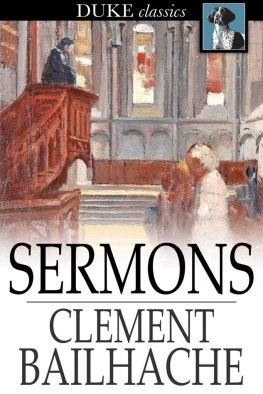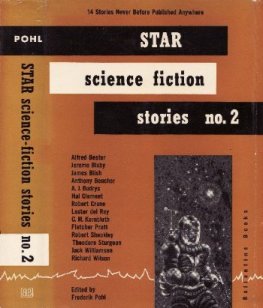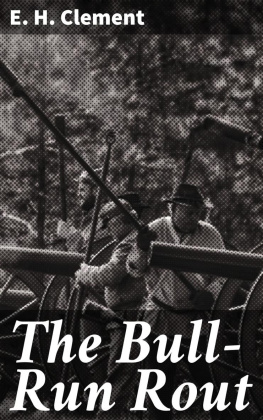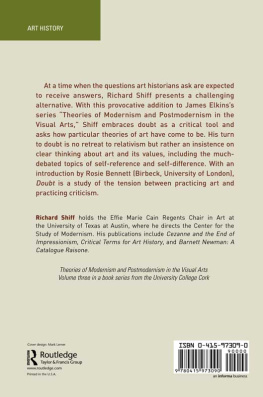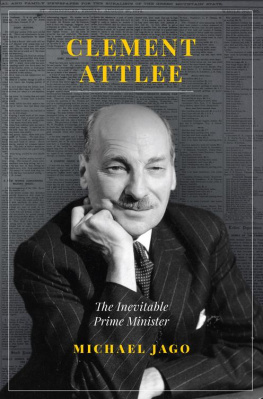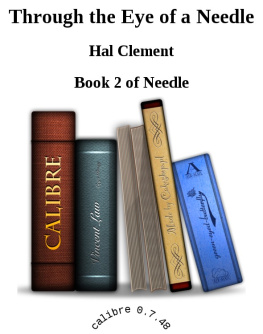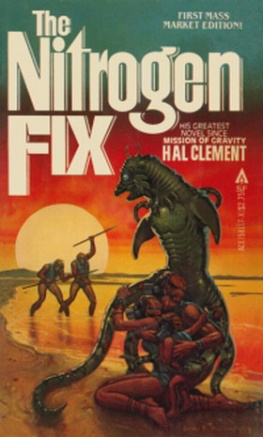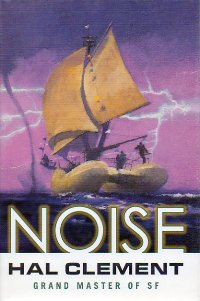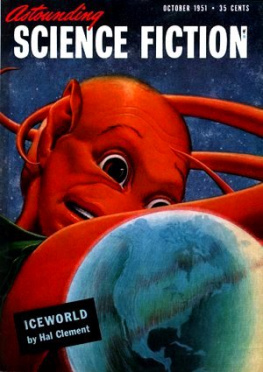SERMONS
SELECTED FROM THE PAPERS OF THE LATE REV. CLEMENT BAILHACHE
* * *
CLEMENT BAILHACHE
Edited by
J. P. BARNETT
*
Sermons
Selected from the Papers of the Late Rev. Clement Bailhache
First published in 1880
ISBN 978-1-63421-253-3
Duke Classics
2014 Duke Classics and its licensors. All rights reserved.
While every effort has been used to ensure the accuracy and reliability of the information contained in this edition, Duke Classics does not assume liability or responsibility for any errors or omissions in this book. Duke Classics does not accept responsibility for loss suffered as a result of reliance upon the accuracy or currency of information contained in this book.
Contents
*
Introduction by the Editor
*
The preparation of this volume for the press, whilst it hasnecessarily entailed considerable labour, has happily been attendedwith little difficulty. None of these sermons were prepared for thepulpit with any idea of publication, and only a few of them, whichneed not be specified, should be taken as finished compositions. Theirauthor, however, never allowed himself to think superficially or towrite carelessly. His MSS. are easily read, and are in such a state asto leave almost nothing to be done in the way of revision.
Many other sermons equal to these in power and interest might havebeen included, if space had served. I ought, perhaps, to say that theselection has been determined by a wish to place before the reader, inthe order of a series, Mr. Bailhache's thoughts on Christian Doctrine,Faith, Duty, Privilege, Experience, and Hope. I trust that thecollection, as it stands, will give as comprehensive an idea, as anyposthumous publication could give, of the character and style of aministry to which, under God, many soulssome in heaven, and somestill on earthowe their truest spiritual light and their bestspiritual strength.
It must have been a privilege of no ordinary value to listen Sabbathafter Sabbath to preaching such as this. No one could read, as I havehad to read, the whole mass of sermons entrusted to me, withoutperceiving that he who wrote and spoke them was "a workman that needednot to be ashamed, rightly dividing the word of truth." He waspenetrated to the very centre of his being with a sense of thegrandeur of the Bible as a Divine Revelation, and of the glory of theGospel as a Divine remedy for the sin and sorrow of the world. He hadhis own way of developing religious truth, and of applying it to themind, the conscience, and the heart. He preserved his individuality ofthought and of method in every part of every discourse. But he was notheological speculatist. With all needful fearlessness in his thinkingand reading, his constant endeavour was to ascertain "the mind of theSpirit," and to present that, in its enlightening and sanctifyingpower, to his hearers in all their manifold spiritual conditions. Hewas familiar with the forms of scepticism prevalent in our time, andwith the reasonings which give to them more or less of plausibility."The riddle of the world" had its saddening aspects for him, as it hasfor all earnest souls. But the anxieties which spring from suchsources found in his mind an all-sufficient solace in the beautifuladaptations and the splendid triumphs of the truth as it is in Jesus.He could see clearly enough that, by the Gospel, God was filling theworld's darkness with light, and turning its curse into a blessing.Science might advance, and in its advance might seem to set itselfagainst Biblical facts, and against the principles founded upon them;but he was all along calmly and intelligently assured that Sciencerightly so called, and Revelation rightly interpreted, so far frommeeting in antagonism, must meet in cordial and comely agreement, andtake their place side by side for the higher instruction of mankind.He did not preach on these matters controversially, but contentedhimself with the quiet announcement, on all appropriate occasions, ofthe results of his own studies; and those results were always on theside of an implicit faith in Evangelical Christianity. One of themost marked characteristics of his ministry was the uninterrupted andprofound reverence he paid to what he believed, on honest and matureinvestigation, to be the Divine authority of Scripture teaching. Heknew, of course, that a conscientious and enlightened criticism hasits work to do upon the Book; but his comprehensive and carefulreading only strengthened his conviction that such criticism, so farfrom invalidating its authority, must render the nature of thatauthority increasingly transparent, and its basis increasingly firm.Thus he could draw forth from the Book the teaching contained in it,and could present it to the reverent faith of his congregation,without misgiving. His ministry was eminently evangelical, in thebroadest and best sense of the word. It was this all-pervading qualitywhich gave to it its special beauty and impressiveness. He wanted tobe wise, and to make his people wise, up to what is written; abovethat he did not attempt to soar.
Mr. Bailhache was an able Biblical Expositor. I find amongst thepapers before me, expositions of the Decalogue, the First Psalm, theLord's Prayer, the thirteenth chapter of First Corinthians, theMessages to the Seven Churches, and the Epistles to the Galatians andthe Philippians. These comprise eighty discourses, and many of themare so good that they ought not to remain in seclusion. Possibly somechannel of publicity may yet be found for them.
The estimate in which Mr. Bailhache was held as a Christian teacher bythose best fitted to judge, is fitly expressed in the followingextract from the Address which was presented to him by theCongregation at Islington, on his retirement from the pastorate therein the autumn of 1870:"During a period of six years and a half, youhave ministered to us in holy things, and, as the servant of the LordJesus, you have sought our highest spiritual good. In all yourministerial work in our midst, you have so impressed us with theconviction of your entire devotedness to our interests, and to theexaltation and glory of Christ, that our minds have been the moreeasily constrained to give heed to your instructions, and we have themore deeply felt the force of your influence and your example. Thethought has often occurred to us (and it has been often expressed),that if we were not becoming better Christiansmore conformed to theimage of Christour shame was the greater, considering howconstantly you have been the faithful and able exponent of the mind ofthe Spirit, and with what freshness, variety, and power, you have beenenabled to set before us things new and old out of the treasury of theLord's word. Nor have you ever permitted us to feel that you occupieda region remote from ourselves, or that the isolation of the study andof your official character, made you self-absorbed or unsympathetic.The very contrary of this has been our happy experience. With analmost surprising power of appropriation, you have made our doubts anddifficulties, our hopes and fears, our joys and sorrows, all your own,and, with a whole-hearted sympathy that has entered into all theexperiences of the Christian life, you have, in the pulpit and in theclass, and in the more private opportunities of the family and offriendship, been made eminently useful in the communication of helpand strength. To not a few your ministrations have been made thesavour of life unto life, who will be your crown and rejoicing oneday, since through your word they have been reconciled to God by JesusChrist. We magnify the grace of God in you, and none the less when wedeclare that your life and labours in our midst have placed us underlasting obligations of gratitude and love."

